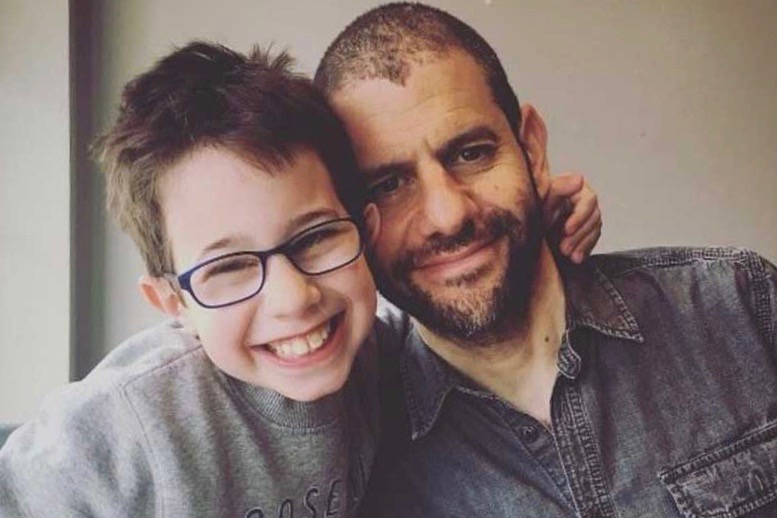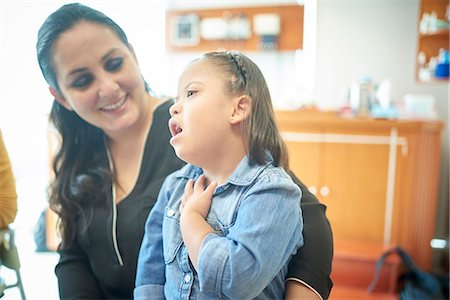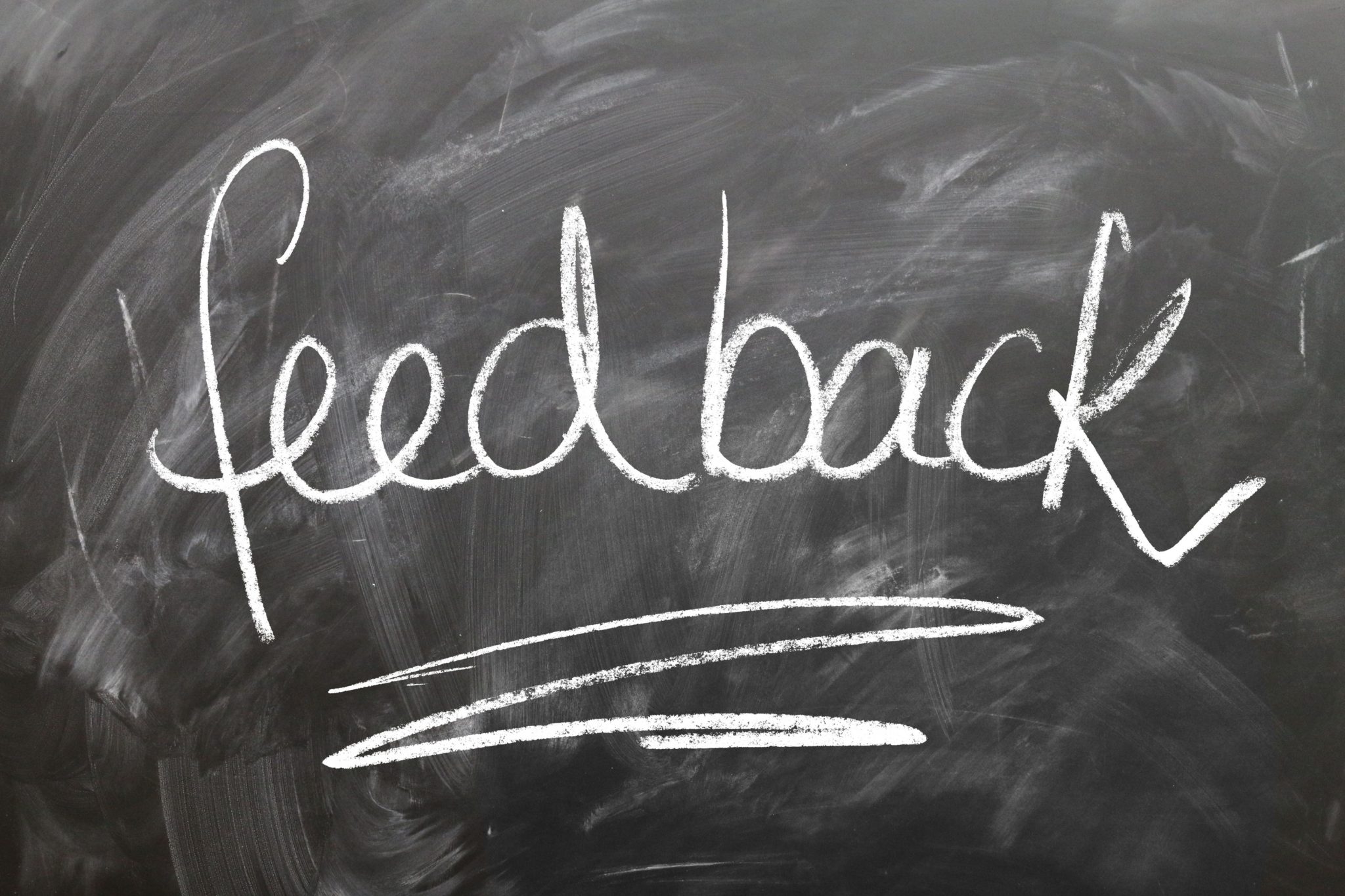Parents' relationship and sex education questions answered
Relationship & sex education FAQsFrequently asked questions
Why start early?
- Because it’s easier and safeguarding from an early age is essential.
- Young children are fabulous, as all parents know they ask loads of questions, not least of all about their bodies and your body!
- If they are asking questions they deserve answers.
- Ask yourself how would you like your children to learn about their bodies, their relationships and how babies are made?
Sex Education at four, surely not?
- Relationship & Sex Education is an umbrella term used to describe a whole host of topics not just reproduction; some things are vital for even a four-year-old to be aware of, for example good and bad touches.
- Age appropriateness is the key, using the words, resources and approach that is most effective when addressing the issues relevant to their age as they grow and mature.
Relationship and sex education is the job of the parents, why are you here?
- Not all Parents/Carers feel confident or knowledgeable, scared they may say too much or too little plus virtually all Parents think it is will be covered at School at some point.
- Not all Teachers feel adequately trained and confident to deliver a rapidly changing subject that may compromise their knowledge and question their values.
- Relationship & sex education as a subject became statutory in ALL Schools from September 2020. We are asked into Schools to support Staff, Parents and the children, we all need to work together to keep children safe.
Won’t relationship and sex education take away the children’s innocence?
- Nothing takes away innocence quicker then sexual abuse.
- Knowledge about their bodies won’t stop them wanting to fly kites, go sledging or make sand castles.
- When body science is discussed they just add it to their knowledge bank, it is often us as adults that have the concerns.
- The world is changing and protecting our children with age appropriate information about risk is vital.
Why do children need to know the words penis and vagina?
- It is really important that children know the correct scientific names for their genitals along with other parts of their bodies.
- In the event of them ever being inappropriately touched they have the vocabulary to give exact information.
- For example, “they touched my Minnie/tuppence/flower” is very vague as opposed to “they touched my vagina”.
- Child abusers prefer uneducated children – those who don’t have the words and knowledge of what’s right and wrong.
- Research shows that an educated child is three times more likely to speak out if they are subjected to abuse.
Do children really need sex education? I didn’t have sex education when I was at School.
- When today’s adults were at School the world was a very different place, no mobile phones with cameras, no sexting, no easy available access to pornography or strangers via the Internet.
- It is imperative we educate children to be aware of the risks, so they know to come to trusted adults with their questions about their bodies, relationships and sex etc. rather than the internet.
Our family have a strong faith and we don't want our children to know these things.
At BigTalk Education we work with schools and families with a wide range of faiths. We give children and young people, age appropriate factual information, delivered in a calm and gentle way. Unfortunately, abusers have no regard or respect for religion or family beliefs, so it is important that all children are given this type of education. With the ease of access to unreliable sources of information on every computer and smart phone, it is important that children know that they can speak to their trusted adults about all topics. Because if we do not educate them, they will look for the information in places (and from people) that are not reliable sources and that could put them at risk. Please have a read through our information on how our work complements school and family values on our Faith School page and come along to our parents session to discuss any specific concerns with our team.
How can I find out more?
- BigTalk Education have published a book Bodies, Babies and Bellybuttons for use with four year olds and upwards, also suitable for special educational needs pupils and those on the Autism spectrum.
Introduction to age appropriate RSE
Our guide to high quality, age appropriate relationship and sex education for your child, helping you know what to expect from us.
Parents’ of spectrum children: FAQs
Information for children on the autism spectrum and related disorders, including why high quality RSE is vital for your child.
Parents’ of SEND children: FAQs
Information for parents of special educational needs and disabled children, including our mainstream and special school programmes.
Parents’ feedback on the Growing Up Safe programme
Read the comments of other parents and their experiences with the Growing Up Safe programme.






